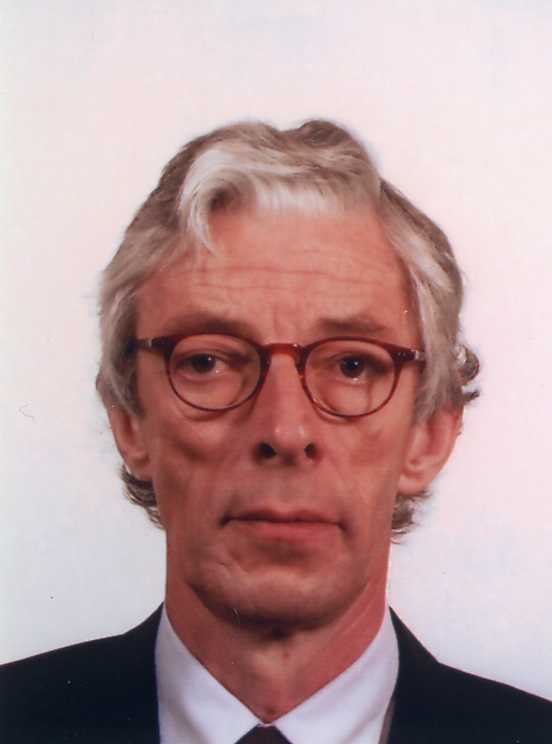Professor Henk Overbeek on China-EU Relations

Q:The next China-EU summit will take place soon. How would you comment on the current situation of the bilateral relations? In bilateral relations between any two sides, there would be no BEST, only BETTER. That is to say, China-EU relations should be further promoted. Now, how can we achieve this? What should China do? What should the EU do?
A:Bilateral relations between China and the EU suffer from the paralysis that the debt crisis in Europe has caused. At the same time, trade frictions between the two sides further pushes the EU-China relationship to the back of the political and diplomatic agenda. However, in view of the current global situation (global economic crisis, rising tensions around Syria and Iran, tensions between China and some of its neighbors), it is urgently needed that EU-China relations are improved. This requires that the EU enhances its capacity to operate on the global scene, and that the transition to a new leadership in China leads to clarity about the direction that China will take in the coming decade.
Q:Many people in China argue that, though China's GDP is the second largest, it is still a developing country with more than one hundred million people living in poverty. So, the EU, with its per capita GDP of more than $20000, should view China as a kind of "exception" on many issues. Do you agree with that?
A:Yes and no. China should receive recognition for the many great achievements realized over the past decades, but perhaps be viewed as an exception in some areas (like the issue of carbon emissions). However, we must be wary of the notion of "developing country" as if there is a uni-linear road from "non-development" to "development". "Development" usually means incorporation into the capitalist world market, and the effects are not always positive. The polarizing effects of the introduction of a market economy in China, with persistent extreme poverty and misery for hundreds of millions, and extreme wealth for hundreds of thousands, cannot be overlooked.
Q:Theories are important and necessary. In discussing China-EU relations, can we apply some kind of theories? What theories can we rely on in this regard?
A:This is very much a general question about the state of affairs in international relations theory. In my view the established theoretical traditions (realism, liberalism, and increasingly constructivism) fail to adequately address the realities of global politics. An approach grounded in the critical tradition of historical materialism is much better placed to understand the dynamics of the global political economy. This applies also to the study of EU-China relations which really can only be understood when placed against the background of the dynamics of capital accumulation at the global level, and the role that European and Chinese social and political forces play in this dynamic.
Q:Now away from China-EU relations. As a professor, what would you like to say to the young Chinese scholars of European studies and/or international relations? How can he or she become a successful professor/scholar like you?
A:The world needs young people who are committed to the causes of truth and justice. In my view, a successful scholar is someone who combines professional excellence with a strong sense of commitment to human emancipation.
((Henk Overbeek is Professor of International Relations and Head of Department at the VU University, the Netherlands.)
- Back _articles: Prof. Paolo Guerrieri on the European Debt Crisis
- Next _articles: Li Qiang:How to understand European Politics